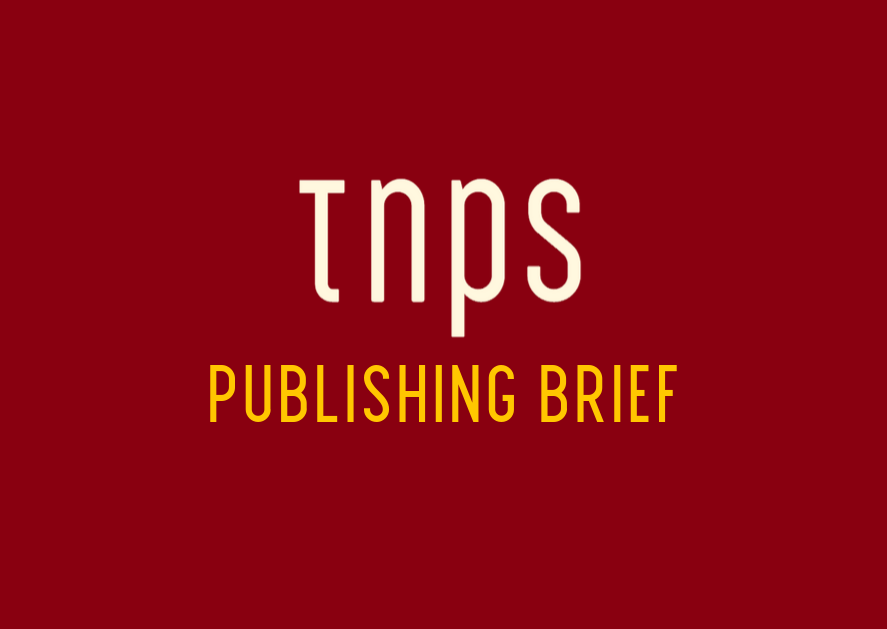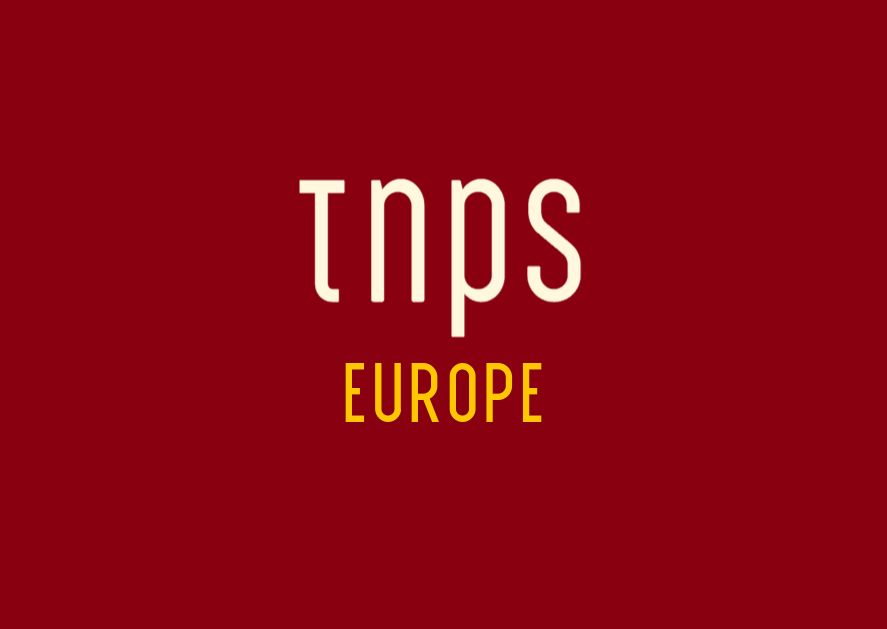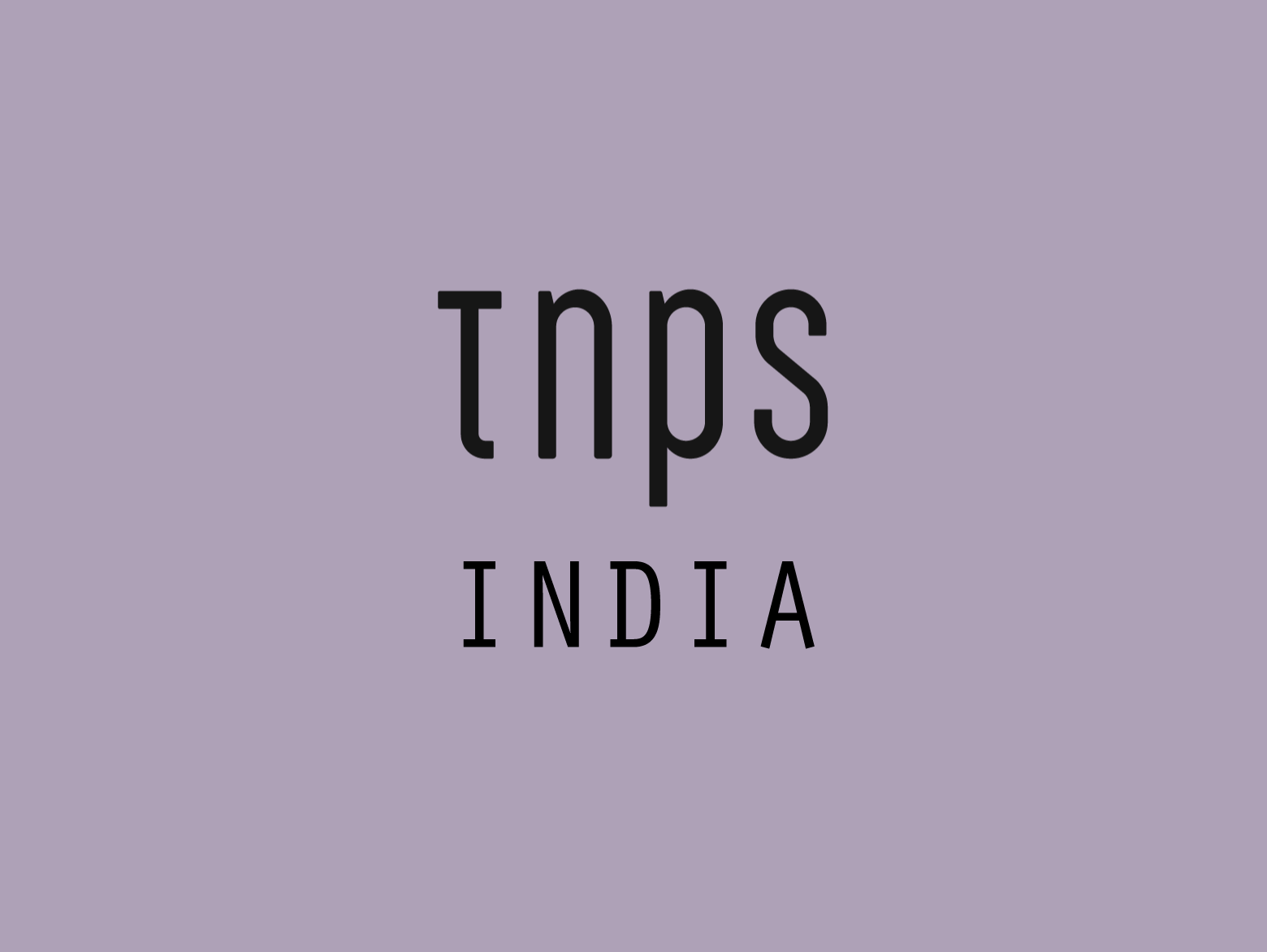In various parts of the world lockdown is slowly being eased, and as a low-risk business, bookstores are among the first to be allowed to re-open, albeit with restrictions.
Its tempting to think that booklovers will be falling over one another to get back into the bookstores they have so rudely been denied access to, and will be walking out with all the latest releases. But leaving aside the small matter that the latest releases are largely in limbo, early evidence suggests there is no stampede, and will not be any stampede back to bookstores any time soon.
In the first of a series examining public responses to bookstore re-openings, I take a look at a report from DW in Germany and PW in the USA, which each shone a light for us on the cruel reality of the near-term new normal for publishing.
First, Germany.
Reporting that almost half of all books sold (in Germany were) through bricks & mortar bookstores before the coronavirus pandemic struck, DW reports this week that as stores tentatively re-open for business,
a quick bounce back is not expected.
Across all of Germany except Berlin and Sazony-Anhalt bookstores have been shuttered for a month, some just beginning to re-open this past week as lockdown restrictions are gradually lifted. The two exception states as above allowed bookstores to stay open, as essential goods.
It’s not clear yet how much custom they attracted, given the climate of fear across Germany and around the world that made all but a handful of people accept the lockdown restrictions without protest. But we can be certain that for most of Germany book sales collapsed as a primary avenue to reach consumers was closed.
According to DW,
The financial damage impacting the book industry in just the four weeks of lockdown amounts to half a billion euros ($543,000,000), the German Publishers & Booksellers Association estimates.
But with lockdown easing in Germany and elsewhere, might there be a quick return to the status quo?
That seems unlikely, as early reports from bookstore re-opening testify.
DW reports Dirk Rehm, who runs the comics and graphic novels indie press Reprodukt, as saying his trade is 40% down and he keeps going thanks to federal support and reduced hours for staff.
There still will not be a lot of traffic since so many people are worried about their health and because people are spending less money.
DW argues that the cancellation of the Leipzig Book Fair hit the German indie sector hard, but of course that happened very early on in the coronavirus calendar, before book fair organisers grasped the enormity of the disaster unfolding, and there was no softening the blow with an online substitute as has increasingly becoming the norm this year.
A reminder here that even as Leipzig cancelled, the London Book Fair was in total denial, insisting it would be unaffected.
But Leipzig’s cancellation was the least of Germany’s publishing problems.
DW further reports that Amazon’s decision to give priority to products other than books has hurt the market, but that some smaller sellers are seeing a silver lining to this particular cloud.
Nina Wehner, who runs a small neighborhood bookstore in Berlin’s district of Neukölln, is benefiting from this turn of events. Some customers, now annoyed with Amazon, are coming to her. For weeks now, her shop Die Buchkönigin (The Book Queen) has been taking orders by phone and online, which can usually be picked up and paid for right at the shop door the next day.
DW adds that being in Berlin Wehner had the option to say fully open but chose not to.
(Now) the bookseller wants to stick to this practice and wait and see how the number of infected people develops with the opening of stores. She will then decide whether to let people back into her shop or not.
At the moment, Die Buchkönigin is being supported by two female students who deliver books by bicycle on a voluntary basis. Wehner unexpectedly received the offer via Facebook and it brought tears to her eyes.
But it’s the broader picture DW paints that will be most worrisome to observers in other countries.
Even if bookstores are now allowed to reopen nationwide under certain conditions, the crisis is far from over. Public traffic in the shops will probably remain restrained.
Amazon has not yet announced that it will deviate from its prioritization strategy, and major events, which are also so important for the literary world, are prohibited in Germany until August 31.
And that of course is a provisional date to move to the next level, not to return things to how they were three months ago.
As per TNPS, the Frankfurt Book Fair may be six months away, but there is little to no chance, bar a successful vaccine rollout on an unimaginable global scale, that the Buchmesse can go ahead in the way it has in past years.
From Germany we move to South Carolina, USA, where PW reports on Jill Hendrix, owner of a small (and now even smaller) indie bookstore, Fiction Addiction.
Hendrix, explains PW, used the coronavirus shutdown to move to new and smaller premises.
But when the store opened on April 21 Hendrix saw only,
a handful of customers, mostly people just curious to see the new store.
The new store was able to offer curbside collection too, but despite the doors now being open things are nowhere near how they were before, as PW notes:
For the foreseeable future, Hendrix and her husband are the only two people who will be working in the store. “We have two-part timers who are working from home, doing receiving and updating the website, and I had another high-school student helping out, who won’t be returning to work,” said Hendrix … She expects to take a huge financial hit this year.
Some countries, and indeed states, are further down the road of easing lockdown than others, and mileage will of course vary, but even in the US states where some governors are willing to gamble with lives for the sake of an extra buck in the till, it’s unlikely the majority of consumers will be rushing out to buy the latest bestseller of the shelf.
And that’s always supposing said bestseller is even available. That is to say, if the supply chain can stay ahead of the logistical nightmare in the making as some parts of the economy open while others remain closed, and everywhere some sort of social distancing regulation will deter engagement and be a constant reminder to consumers that the life they risk may be their own.
Which means for the foreseeable future most book consumers will likely stick with their online options of safe digital consumption, or safe-for-them online delivery.
It’s still far too soon to be sure what the new normal will be, but safe to say the old normal is history.





